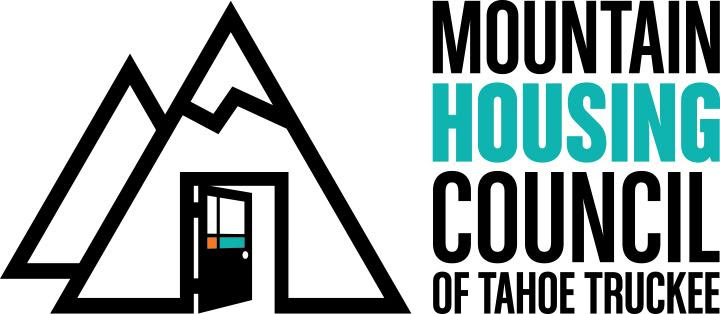Short-Term Rentals
Description
The Mountain Housing Council of Tahoe-Truckee developed the Short-Term Rentals White Paper to help decision makers and the community better understand how short-term units (rented for fewer than 30 days through online platforms such as Airbnb and VRBO) impact housing in the North Tahoe-Truckee region.
The goal of this paper is to provide decision makers with a foundational analysis that sets the stage for conversation and a deeper understanding around short-term rentals (STRs) and achievable local housing.
Read the full Short-Term Rental White Paper.
Recommendations
Each local jurisdiction will need to address STRs according to the goals, vision, characteristics, and circumstances of its locality. Because there is no one-size-fits-all solution when it comes to short-term rentals, MHC suggests decision makers use this document as a tool to ground short-term rental policy in data and research and to make evidence-based decisions on the topic.
What we learned
Short-term rentals are a complex topic. MHC’s research included short-term rental statistics and reports from both cities and mountain towns across the country, data on the North Tahoe-Truckee region’s vacancy rates, and second home market and local regulations on short-term rentals.
MHC’s findings take into consideration the many benefits of short-term rentals, including how the Transient Occupancy Tax collected from short-term rentals is used to fund important community services. It is also impossible to say that banning short-term rentals outright would open up more long-term rentals because the homeowners may or may not choose to rent their homes to primary residents if short-term rentals are no longer an option.
Actions Taken to Date
Placer County: Implemented a 24-hour 800 line for nuisance complaints. Currently in the process of updating STR policies.
Town of Truckee: Approved contract with consulting firm to conduct community outreach and help develop an updated STR policy in 2020.
Tahoe Regional Planning Authority: Used the White Paper as background information for a draft policy recommendation to the Governing Board as part of a Neighborhood Compatibility Performance Review criterion. TRPA will continue to refer to the White Paper as the agency further develops this policy.
